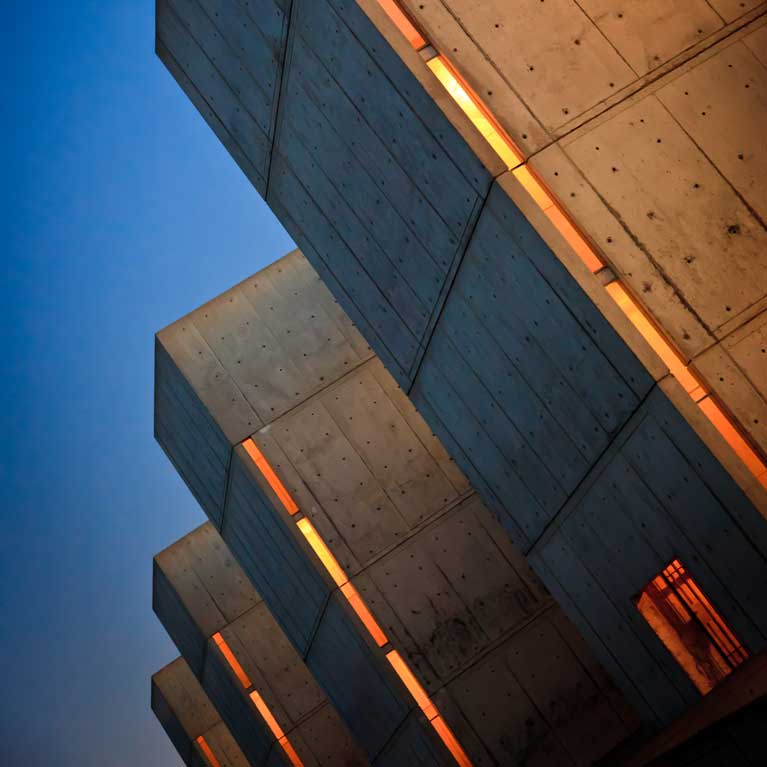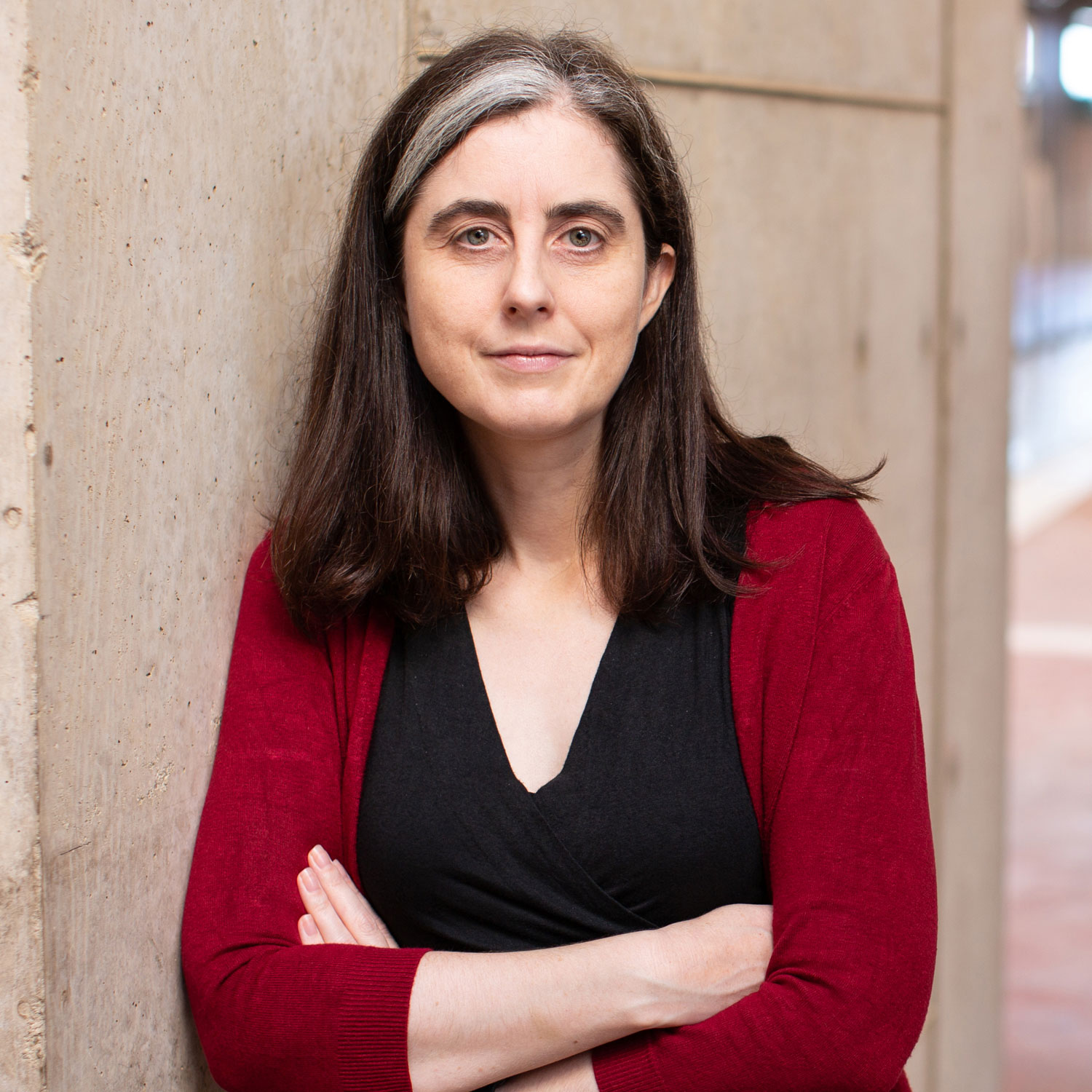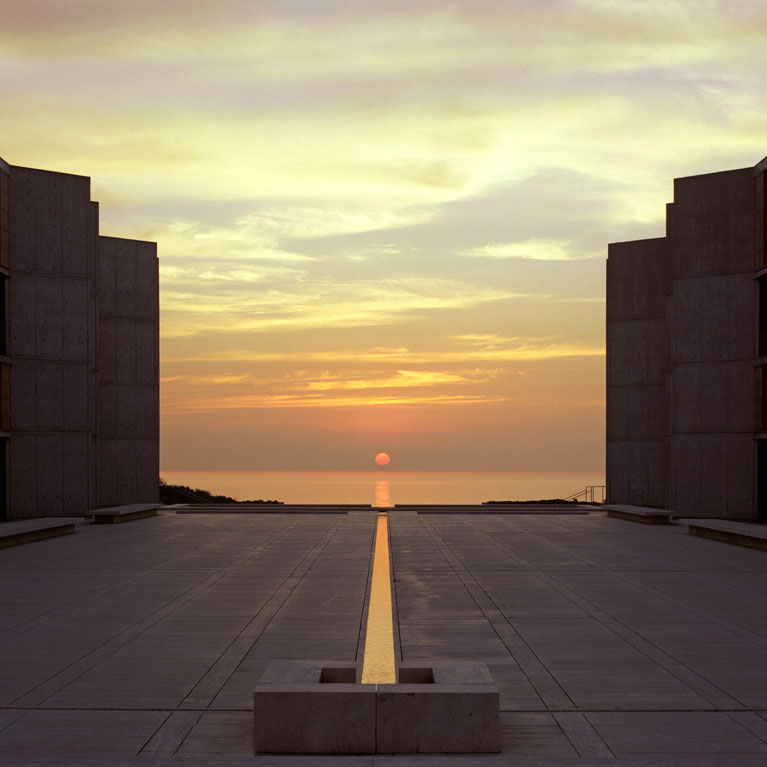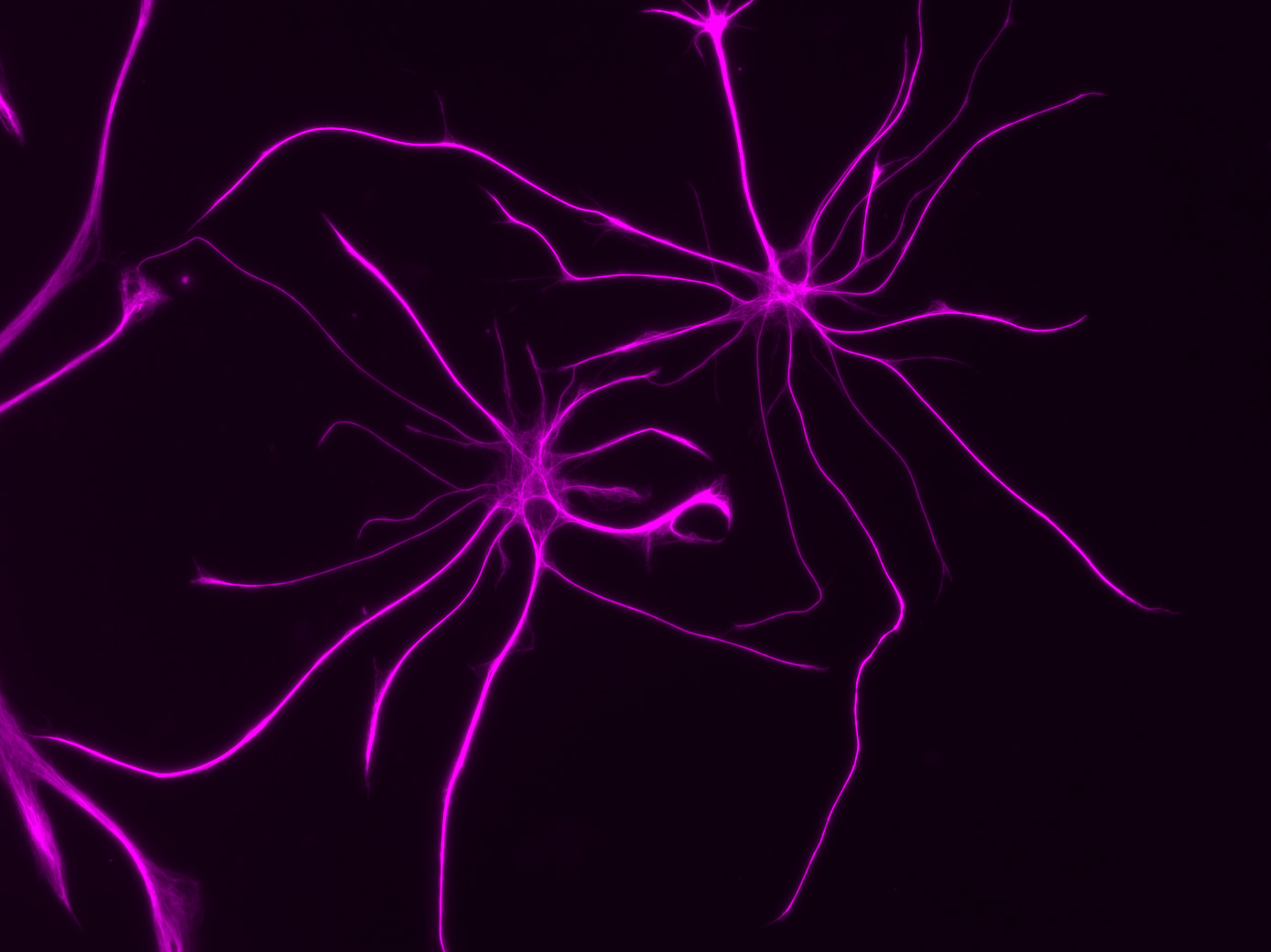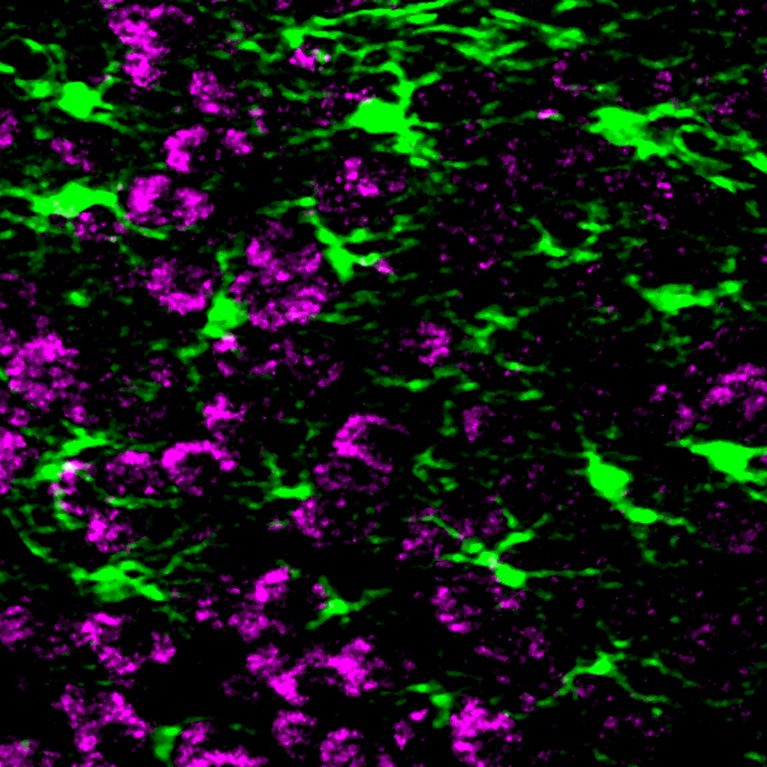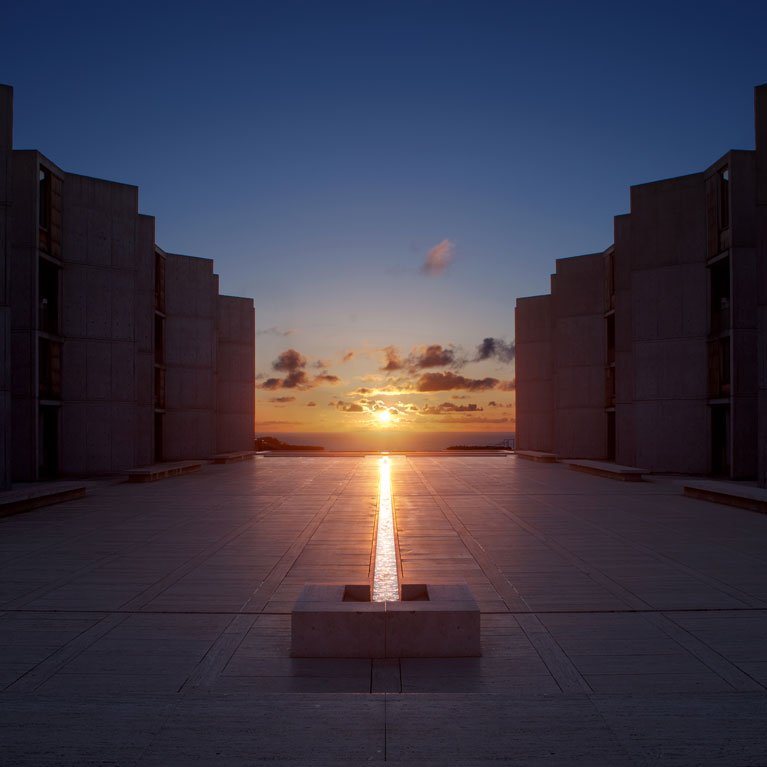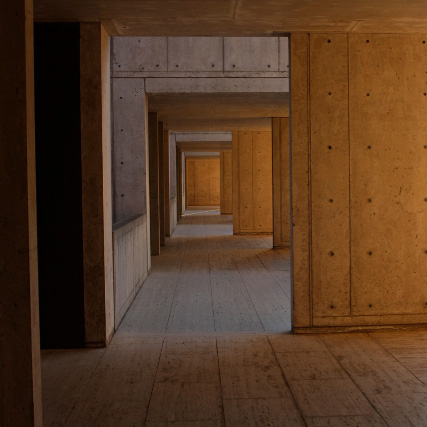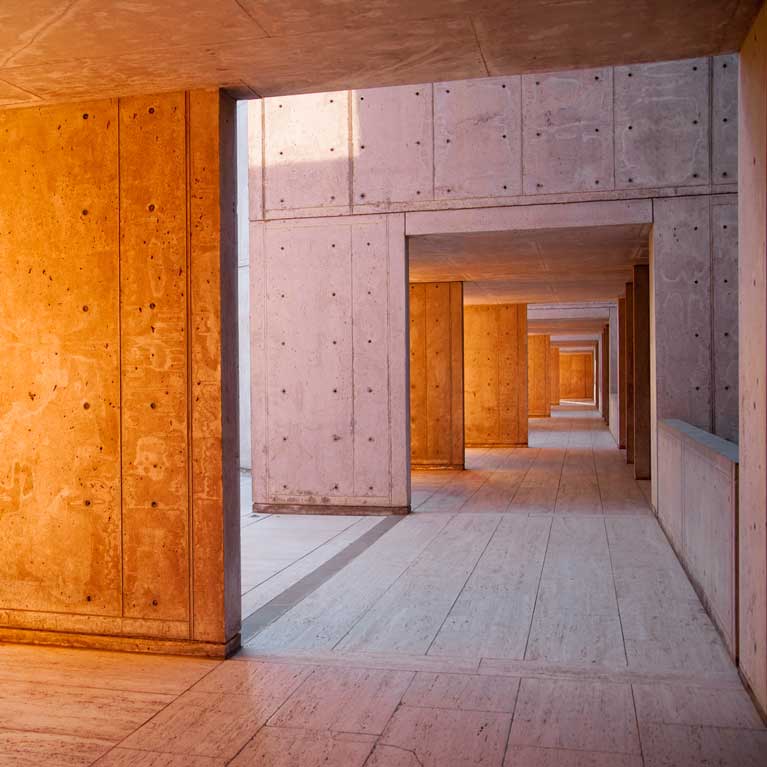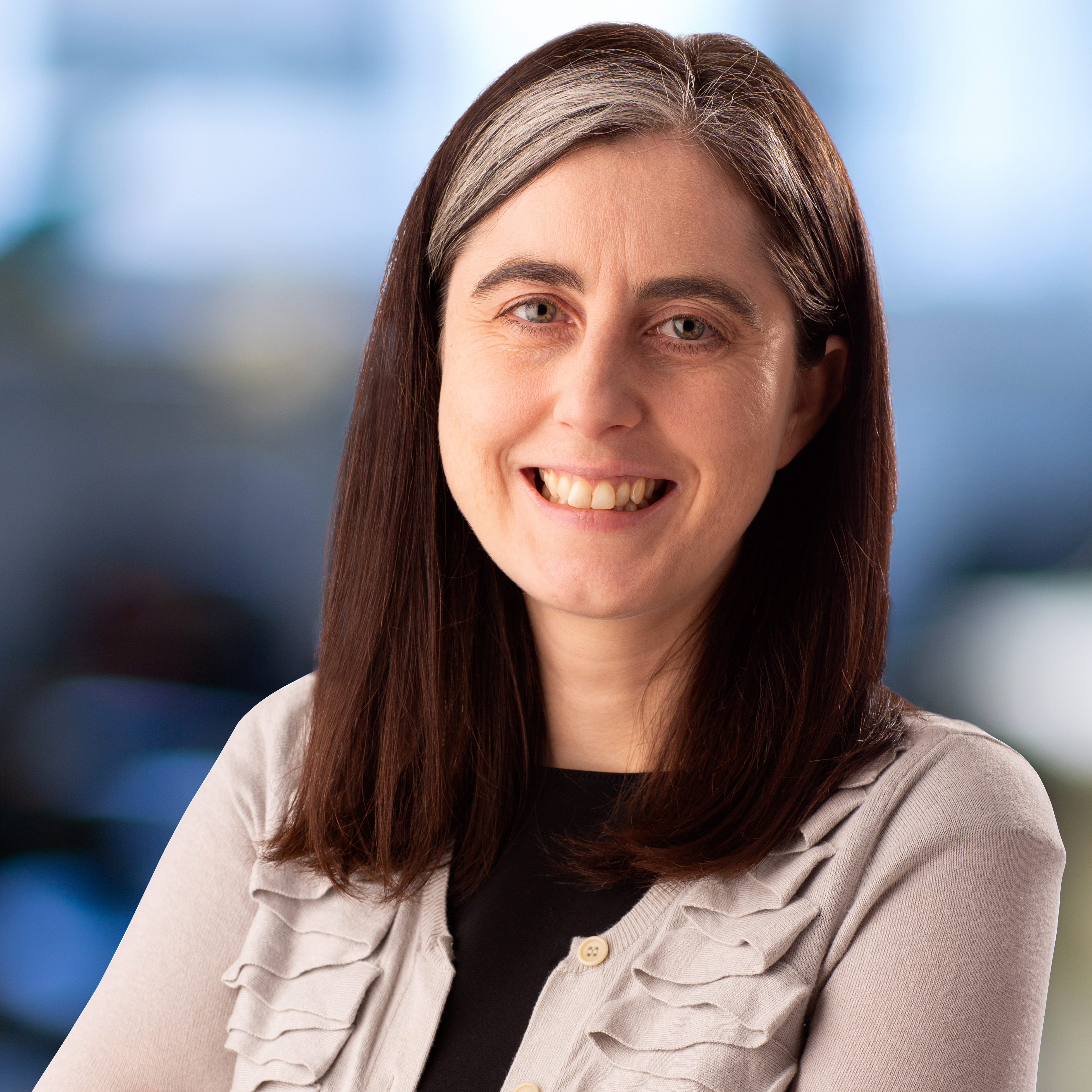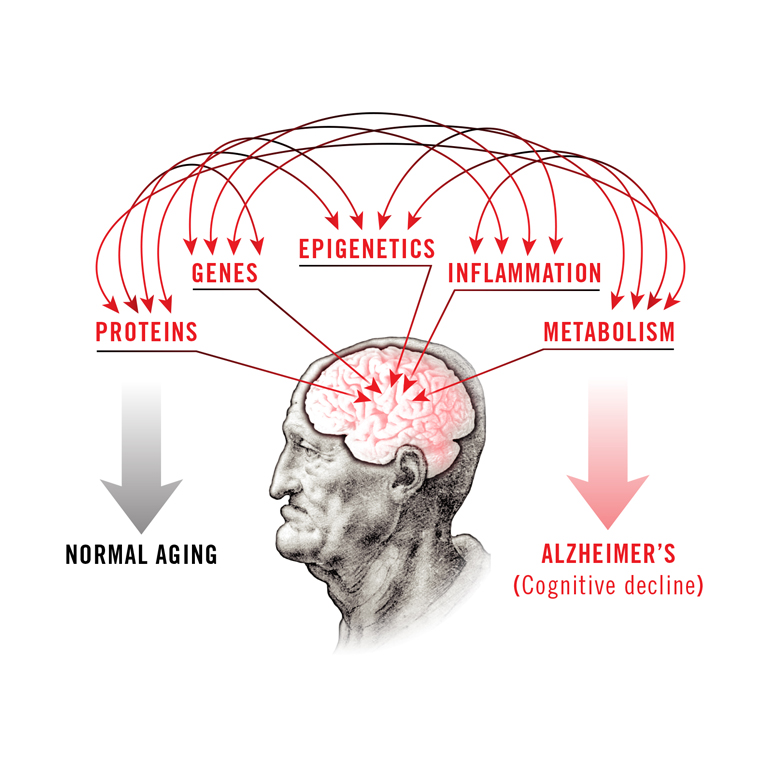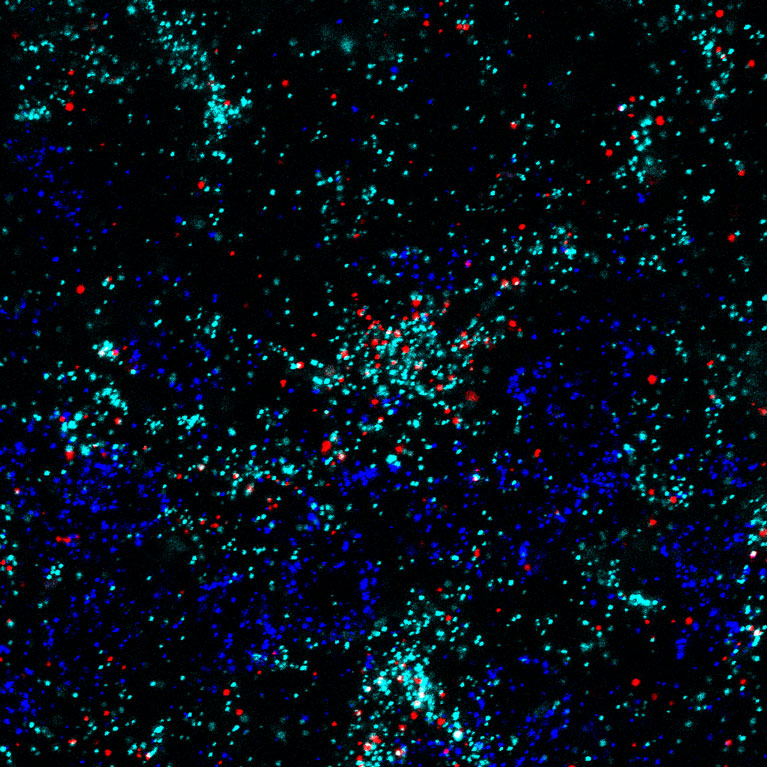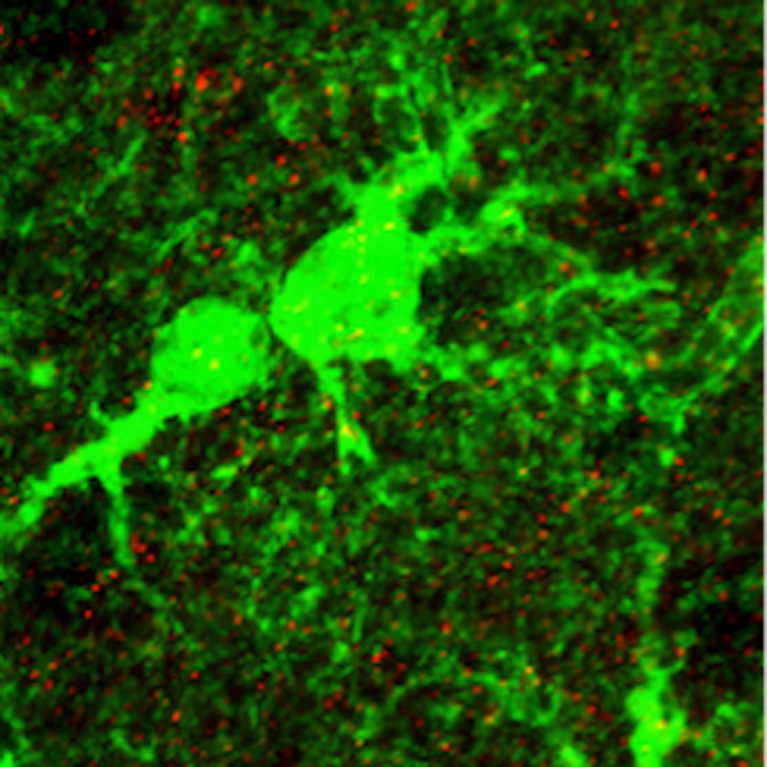Press
Salk Institute promotes three faculty members in neuroscience, immunology, and cancer research
LA JOLLA—Three Salk Institute faculty members have been promoted for their notable, innovative contributions to science. Associate Professors Nicola Allen and Diana Hargreaves were promoted to full professors, and Assistant Professor Jesse Dixon was promoted to associate professor. The promotions were based on Salk faculty and nonresident fellow recommendations and approved by Salk’s president and Board of Trustees on April 4, 2025.
Salk Institute’s Nicola Allen receives 2024 NIH Director’s Pioneer Award
LA JOLLA—The National Institutes of Health (NIH) has selected Salk Associate Professor Nicola Allen to receive a 2024 NIH Director’s Pioneer Award. The award recognizes exceptionally creative scientists pursuing highly innovative research and groundbreaking approaches to major challenges in biomedical, behavioral, or social sciences.
Salk Institute launches Neuroimmunology Initiative with $20 million gift from NOMIS Foundation
LA JOLLA—The Salk Institute will receive $20 million over four years from the NOMIS Foundation to launch a new Neuroimmunology Initiative within the Institute’s NOMIS Center for Immunobiology and Microbial Pathogenesis. By funding research programs, faculty recruitment, and pilot grants, the generous gift will enable Salk scientists to develop a deep understanding of the crosstalk between the immune and nervous systems and the role it plays in health and disease.
Beyond neurons: How cells called astrocytes contribute to brain disorders
LA JOLLA—Neurons often get most of the credit for keeping our brains sharp and functioning—as well as most of the blame when it comes to brain diseases. But star-shaped cells called astrocytes, another abundant cell in the human brain, may bear the brunt of the responsibility for exacerbating the symptoms of some neurodevelopmental disorders. Salk Institute scientists have now identified a molecule produced by astrocytes that interferes with normal neuron development in Rett, fragile X and Down syndromes.
Call-and-response circuit tells neurons when to grow synapses
LA JOLLA—Brain cells called astrocytes play a key role in helping neurons develop and function properly, but there’s still a lot scientists don’t understand about how astrocytes perform these important jobs. Now, a team of scientists led by Associate Professor Nicola Allen has found one way that neurons and astrocytes work together to form healthy connections called synapses. This insight into normal astrocyte function could help scientists better understand disorders linked to problems with neuronal development, including autism spectrum disorders. The study was published September 8, 2021, in the journal eLife.
Salk scientists receive $12.9 million from NIH BRAIN Initiative
LA JOLLA—Salk Institute scientists Nicola Allen, Eiman Azim, Margarita Behrens, and Joseph Ecker have been named recipients in the 2019 round of grants from the National Institutes of Health (NIH) to better understand the brain.
The Kavli Foundation gifts Salk $3 million for cutting-edge neuroscience research
LA JOLLA—The Salk Institute announced today that The Kavli Foundation has committed $3 million to support ongoing neuroscience research at Salk as part of the joint UCSD-Salk Kavli Institute for Brain and Mind (KIBM). The gift—matched by an additional $3 million from Salk—will add $6 million to the KIBM Endowment, to enable faculty in neuroscience to work on the most impactful questions in the field. The Kavli Institute for Brain and Mind was established through a $15.5 million endowment commitment from The Kavli Foundation, shared between Salk and UC San Diego.
Salk promotes Nicola Allen and Julie Law to associate professor
LA JOLLA—The Salk Institute has promoted Nicola Allen and Julie Law to the rank of associate professor for their notable contributions to neurobiology and plant biology, respectively. The promotions were based on recommendations by Salk faculty and nonresident fellows, and approved by President Rusty Gage and the Institute’s Board of Trustees.
Nicola Allen receives $2.5 million Chan Zuckerberg Initiative early career award
LA JOLLA—Nicola Allen, an assistant professor in Salk’s Molecular Neurobiology Laboratory, has received a five-year, $2.5 million Ben Barres Early Career Acceleration Award from the Chan Zuckerberg Initiative (CZI), as part of a $51.95 million effort launching the CZI Neurodegeneration Challenge Network. This new network brings together experimental scientists from diverse research fields—neuroscience, cell biology, biochemistry, immunology and genomics—along with computational biologists and physicians, to understand the underlying causes of disorders such as Alzheimer’s, Parkinson’s, Huntington’s disease and ALS.
Salk awarded $19.2 million by the American Heart Association-Allen Initiative to study Alzheimer’s and aging in the brain
LA JOLLA—A team of Salk Institute researchers led by President Rusty Gage has been awarded $19.2 million over eight years by the American Heart Association-Allen Initiative in Brain Health and Cognitive Impairment to investigate mechanisms underlying Alzheimer’s disease and aging-related cognitive decline and uncover new therapies. This bold venture will comprehensively analyze interactions between five areas key to brain health: proteins, genes, metabolism, inflammation and epigenetics.
Brain cells called astrocytes have unexpected role in brain “plasticity”
LA JOLLA—When we’re born, our brains have a great deal of flexibility. Having this flexibility to grow and change gives the immature brain the ability to adapt to new experiences and organize its interconnecting web of neural circuits. As we age, this quality, called “plasticity,” lessens.
What happens when your brain’s support cells aren’t so supportive?
LA JOLLA—Potentially explaining why even healthy brains don’t function well with age, Salk researchers have discovered that genes that are switched on early in brain development to sever connections between neurons as the brain fine-tunes, are again activated in aging neuronal support cells called astrocytes. The work, which appeared in Cell Reports on January 2, 2018, suggests that astrocytes may be good therapeutic targets to prevent or reverse the effects of normal aging.
Can you hear me now? Ensuring good cellular connections in the brain
LA JOLLA—To have a good phone conversation, you need a good cellular connection. What’s true for mobile phones also turns out to be true for neurons.
Salk Institute scientist Nicola Allen named Pew Scholar
LA JOLLA–The Pew Charitable Trusts announced today that Salk Institute scientist Nicola Allen, an assistant professor in the Molecular Neurobiology Laboratory, is one of 22 researchers to be named a Pew Scholar in the Biomedical Sciences. Allen joins the ranks of more than 600 outstanding scientists who have been selected as Pew scholars in the 30 years since the program’s inception.
